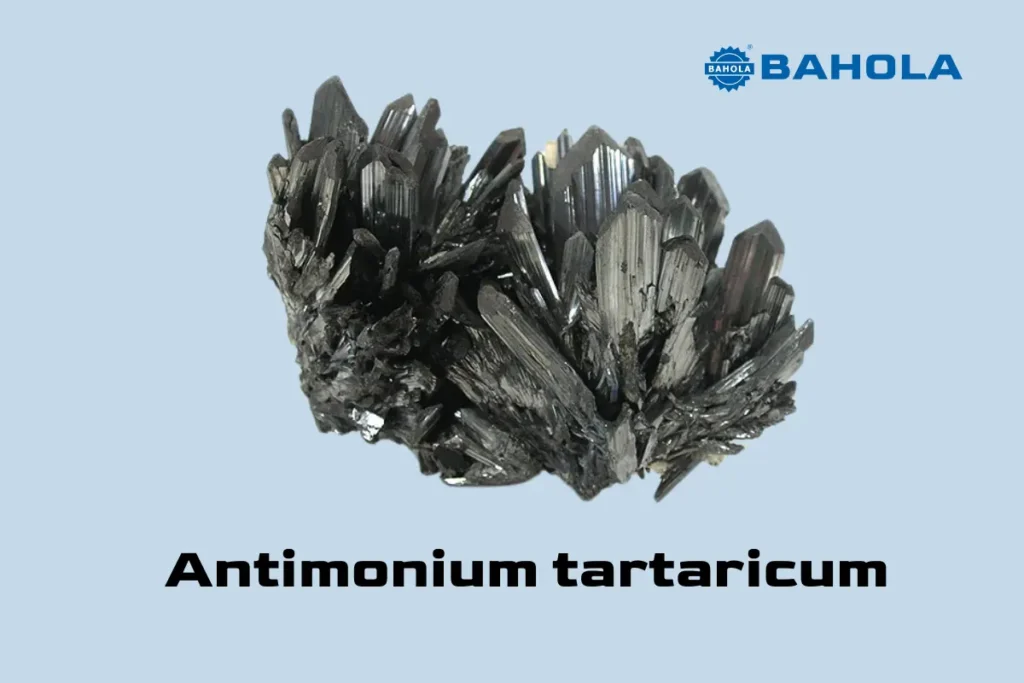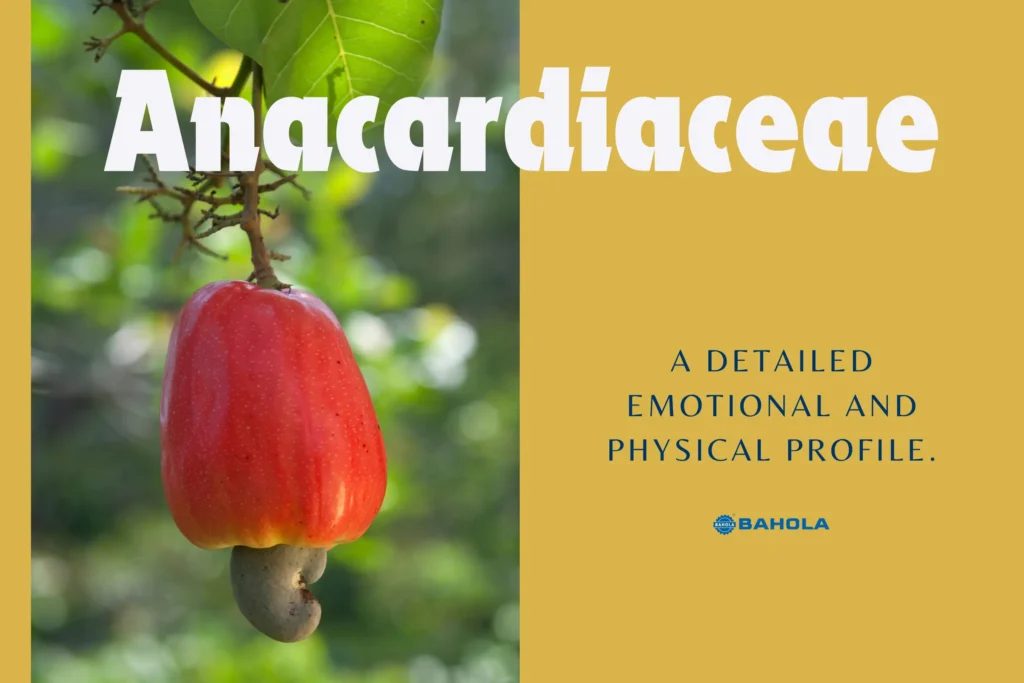Kalmia latifolia is particularly known for its action on rheumatic and neuralgic pains, especially those that shift and move downward, along with its prominent effects on the heart.
Key Features of Kalmia latifolia:
- Rheumatic Pains: Kalmia is well indicated in cases where the pains move quickly from one joint or part of the body to another, especially shifting downwards.
- Heart Symptoms: It has a significant effect on the heart, especially in cases of slow, weak pulse. In smaller doses, it can accelerate the heart’s action, while larger doses can moderate it. It also addresses heart palpitations, dyspnea, and sharp pains shooting through the chest.
- Neuralgia: Pains often shoot downwards and are accompanied by numbness, which is a hallmark of Kalmia. These symptoms are also seen in fulgurating pains, which resemble the neuralgias of locomotor ataxia.
- Vertigo and Confusion: Often related to heart conditions, these symptoms are aggravated by stooping and can be accompanied by headaches radiating from the head to the neck and teeth.
- Eyes: Kalmia has an affinity for rheumatic conditions affecting the eyes, such as iritis and scleritis, with pain increasing on movement.
- Face and Tongue: Neuralgic pains in the face, particularly on the right side, with tearing and stitching sensations in the bones.
- Stomach: Nausea and a sensation of warmth or pressure in the epigastrium, particularly worse on bending forward and better when sitting upright.
- Urinary Symptoms: Albuminuria and post-scarlatinal nephritis are noted, along with frequent urination and lumbar pain.
- Back and Extremities: Kalmia is famous for its deltoid rheumatism, especially on the right side, with pains moving from the neck down the arm and back, accompanied by weakness, numbness, and pricking sensations.
- Sleep Disturbances: Similar to what is described, with early waking and restlessness.
Modalities:
- Worse: Leaning forward, motion, and open air.
- Better: Sitting upright and warmth.
Relationships:
- Compare: Spigelia (neuralgia and heart), Rhus tox (rheumatic and shifting pains), Pulsatilla (shifting pains and heart issues).
- Complementary: Benzoic acid, especially for gouty or uric acid-related issues.
Dosage:
Kalmia latifolia is typically used in tincture to the sixth potency.


